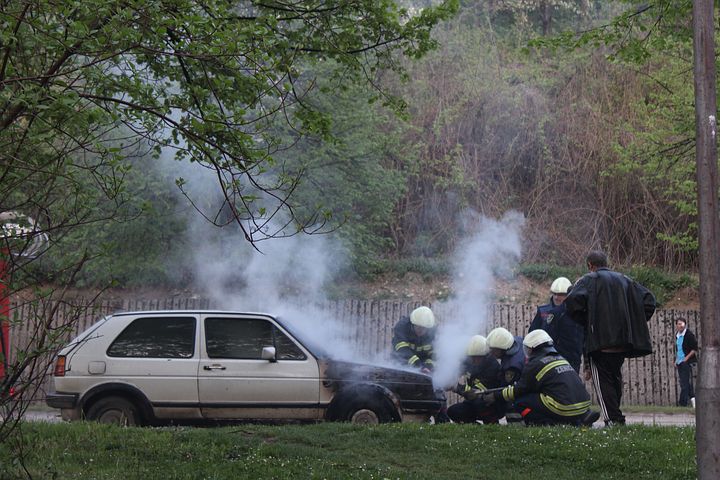
This past weekend, we laid my mom to rest. It was sad and emotionally challenging for me, even though, as a nurse, I expected it. There seems to be no real buffer for such a severe loss. It still tears me up at times and will continue to do so for a long time.
When I saw that mom was declining, I started setting aside money for her final expenses, because my mom is from the era where her kids are her retirement plan. All of us, her children, grandchildren, and other relatives came together and shared the financial load. But not many people have that kind of support, and I want to applaud my family!
My question to you today is:
Are you setting aside money in an emergency fund?
Rest assured……..
It will rain and you WILL need an umbrella!! A financial umbrella….
In general, most people tend to have just two bank accounts – a checking account and a savings account. With the best of intentions each month, we often set a goal to transfer money, left over after the bills are paid, from our checking account to our savings account.
But if you are anything like me, money in the checking account has a way of being spent, leaving little to nothing to move into savings after the bills are paid!
Even worse, too often money is transferred OUT OF savings into checking because there always seems to be unexpected expenses that are not budgeted for.
This cycle is frustrating and doesn’t get us any closer to our goals.
If you’re one of those people who feel like every time you start to get ahead with savings, something random always seems to pop up, then……
Here’s a FIX for you:
Open a third bank account….. preferably a savings account at a separate bank so it isn’t as easy to move money to your checking account.
Call this your emergency fund. This is the first step to take on your journey to financial fitness.
Things like vacations, car repair/maintenance, clothing, and gifts are examples of expenses you KNOW you’ll have through the year, but not necessarily every month. Since you know they are coming, these expenses are not emergencies. So don’t pull from your emergency savings to pay for them.
By the way….. do you have a monthly budget??
You should have a BUDGET for all the expenses that you anticipate throughout the year.
Back to my point……
An emergency fund is a stash of money set aside to cover the financial surprises that life throws your way. These unexpected events can be very stressful and costly. A single unplanned expense could send millions of Americans into a financial tailspin.
According to a 2018 research, only 39% of Americans have enough savings to cover a $1,000 emergency.
Are you one of the 39%? If you are, KUDOS! If you’re not, you have work to do…. and FAST!
Here are some of the top emergencies people face:
- Job loss.
- Medical or dental emergency.
- Unexpected home repairs.
- Car troubles.
- Unplanned travel expenses.
Wouldn’t it feel great to have a buffer between you and the curveballs life throws at you….. a cushion that helps you sleep soundly because it turns a major life crisis into a slight inconvenience?
Believe me….. you never know what’ going to happen.
So…..
Set up a separate savings account at a different bank.
If you have money saved, move $1000 into the new account.
If you have no savings, get serious about building your new account to $1000.
And commit to NOT touch this money unless a real emergency occurs.
Your financial fitness deserves it!
Don’t let yourself be caught off guard. You need this safety net between you and life!!
By failing to prepare you are preparing to fail. Benjamin Franklin
Sharing is Caring. If you found value, please feel free to share.
Until next time…..
I look forward to hearing from you!!!
Althea
I help Busy Nurses & Professionals Become Good Stewards of Their Financial Resources, and Show Them How to Practice Wise Financial Discipleship to Create an Amazing Life and Thrive!
PS. Financially, most of us know what to do; we just have trouble doing it. That’s where a coach can help. CONTACT ME for a FREE 15-minute Financial Fitness consult.